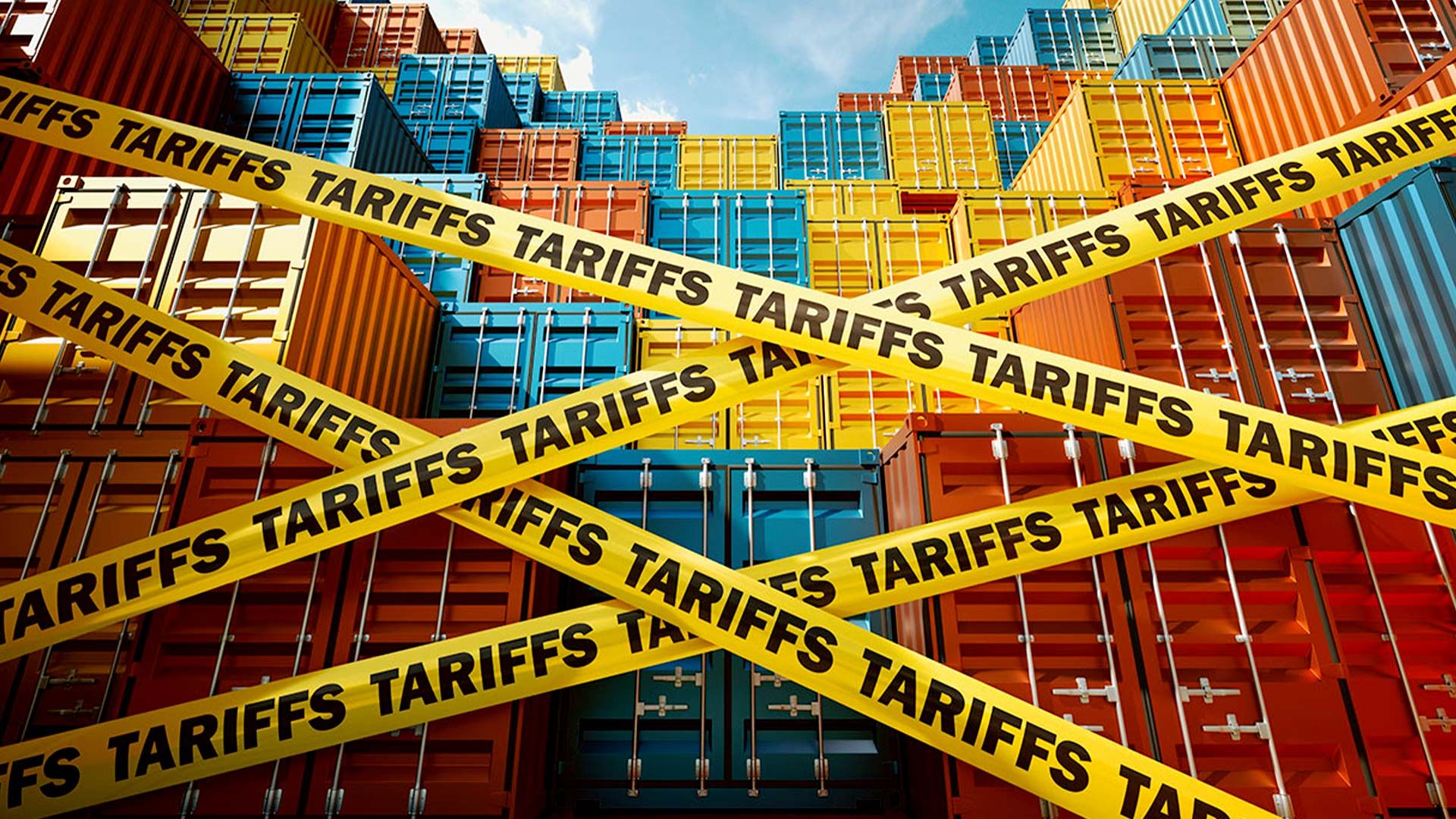May 20, 2025
South Africa’s Economic Outlook
Navigating Challenges with Strategic Prudence for Sustainable Growth

Current Economic Challenges and Sectoral Insights
Recent data indicates that South Africa’s unemployment rate increased from 31.9% to 32.9% in the first quarter of 2025, with employment declining by over 290,000 jobs—to approximately 16.78 million. Key sectors such as construction, trade, and mining have borne the brunt, shedding combined over 348,000 jobs. Construction lost about 119,000 jobs, trade 194,000, and private households—including domestic workers—another 68,000. These declines highlight the urgent need for reforms that reduce regulatory burdens, incentivise investment, and foster sectoral resilience.
Conversely, certain industries demonstrate resilience and potential for targeted growth. The utilities sector and transport have added 35,000 and 67,000 jobs respectively, underscoring opportunities in infrastructure development and logistics. Manufacturing, while contracting overall, shows signs of stability, with growth in iron, steel, and machinery sectors. The automotive industry faces external headwinds like tariffs and trade uncertainties, but strategic support can help it regain footing, particularly if diplomatic efforts succeed.
Mining and Resources: Core Pillars in Transition
Employing around 431,000 workers, South Africa’s mining sector is vital for export revenue, acquiring foreign exchange reserves for South Africa and creating and maintaining employment. Although production volumes have declined since late 2024, recent sales improvements suggest underlying strength. A cautious, supportive policy environment—focused on infrastructure upgrades and regulatory streamlining—is crucial to unlocking this sector’s full potential and attracting investment going forward.


Monetary Policy and External Risks
The South African Reserve Bank has maintained a cautious stance, keeping interest rates steady amid global trade conflicts and domestic inflation concerns. International tensions—particularly between the US and China—have contributed to currency volatility and the threat of capital flight. The potential loss of preferential trade agreements like AGOA beyond September 2025 could have serious repercussions for export-dependent sectors such as automotive and agriculture, risking jobs and economic stability.
Nevertheless, opportunities exist in diversifying markets. Increased demand for South African citrus in India exemplifies the nation’s export resilience and the importance of expanding trade partnerships beyond traditional markets. A conservative fiscal approach—focused on responsible borrowing, targeted incentives, and maintaining currency stability—is essential to capitalise on these opportunities.
Diplomatic and Policy Considerations
Recent diplomatic tensions, including the suspension of US aid and the expulsion of South Africa’s ambassador, threaten to undermine investor confidence and international collaboration. These issues, stemming from disagreements over policies such as Expropriation Without Compensation (EWC) and racial laws that set DEI/BEE targets as embodied in the ongoing Starlink fiasco create a serious disconnect between South Africa and the US at this stage. Trade agreements internationally hinge on stable and predictable foreign policy responses for trade and investments to occur. The upcoming meeting between President Cyril Ramaphosa and President Trump presents a valuable opportunity to rebuild trust, rationalise trade relations, and restore South Africa’s standing as a reliable partner.
Strategic Pathway for Sustainable Growth
To secure a resilient and job-rich economy, South Africa must embrace a reform-oriented strategy. This entails strengthening fiscal discipline, fostering public-private partnerships, and reducing unnecessary regulation that stifles enterprise. Maintaining monetary stability and safeguarding strategic industries—especially mining, manufacturing, and agriculture—will be critical.
Moreover, diversifying trade markets, promoting sector-specific incentives, and improving infrastructure can help buffer the economy against external shocks. Internally, policies aimed at reducing corruption, enhancing governance, and supporting inclusive growth will underpin long-term stability.
Conclusion: A Prudent and Resilient Future
While the road ahead is fraught with obstacles, South Africa’s future hinges on disciplined policymaking, international diplomacy, and the efficient leveraging of its economic strengths. By anchoring its approach in conservative principles—focusing on stability, responsible governance, and market-friendly reforms—the nation can navigate current headwinds and lay the foundation for sustainable growth. Only through prudent management and strategic engagement can South Africa unlock its full potential and ensure prosperity for all its citizens.











